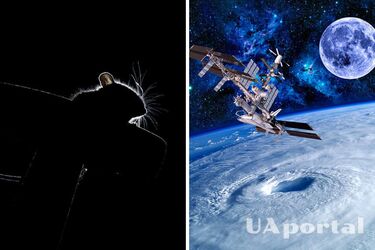For the first time, scientists were able to grow mammalian embryos in space

For the first time, mammalian embryos have been cultured and grown in space, aboard the International Space Station. The study, conducted by molecular biologist Teruhiko Wakayama of Yamanashi University, showed that mouse embryos can, at least initially, survive in the space environment.
The study was published in the journal iScience. It is noted that the experiment was conducted for four days, during which astronauts cultivated embryos in a special machine.
Read also: Scientists in the US have found a new way to destroy cancer cells
The survival rate of both groups on board the ISS was lower than the survival rate on Earth, but the embryos that survived developed normally.
"This is an encouraging sign that mammalian embryos can survive in space," said biologist Wakayama. He called it "an important step in exploring the possibility of human pregnancy in space."
There is still a lot of work to be done, he added, as scientists want to determine whether pregnancy in space is feasible. However, the study did not take into account the effects of radiation, which is much higher in space than on Earth.
Development also stopped at the blastocyst stage. It is not known whether prenatal development will lead to different results.
"We will continue our research to better understand the impact of the space environment on mammalian development," Wakayama said. The scientists hope that their work will help ensure a safe future for humanity in space.
As a reminder, the new type of cancer spreads like a virus.
If you want to get the latest news about the war and events in Ukraine, subscribe to our Telegram channel!
